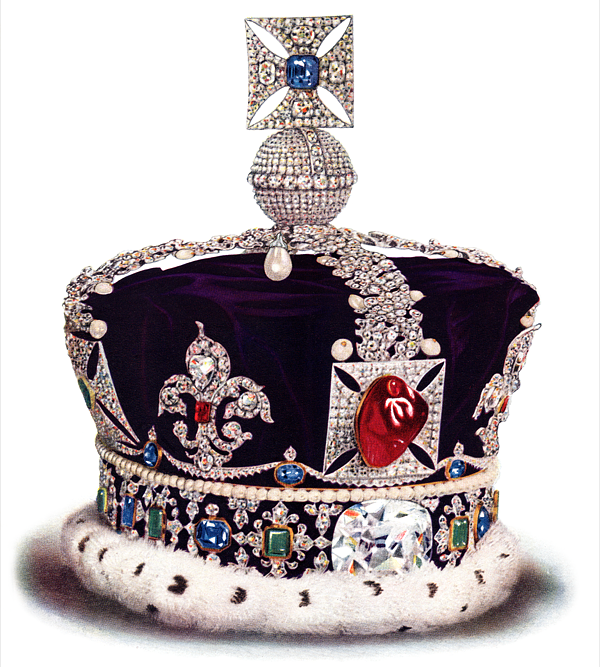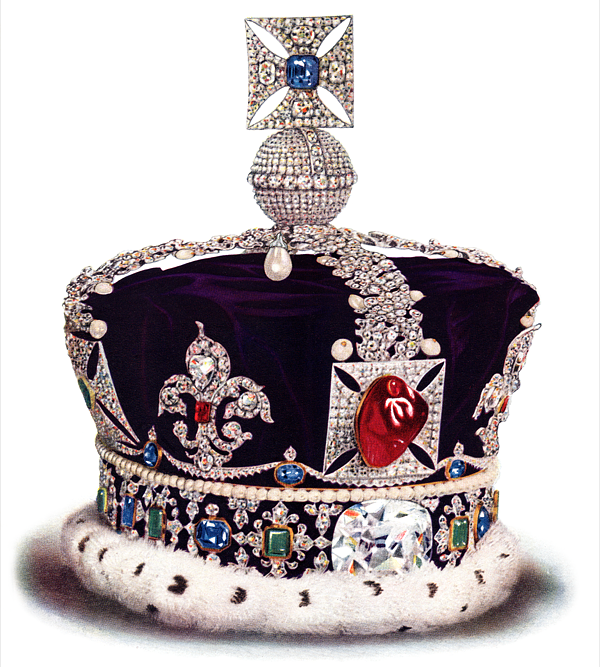
Chasing The Crown
In 1964, Harold Wilson sent his deputy leader, George Brown, to head up a brand-new Department of Economic Affairs. The idea was to finally break the stranglehold of the Treasury on British Government. Its duties would be split, its powers would be checked, its bureaucrats would be resubmitted to the authority of their political masters.

The DEA was not long for this world. When Brown turned up he discovered that the Treasury civil servants in charge of equipping his new department had not given him much in the way of an office - let alone anything so helpful as a phone line. Whitehall’s immune system is strong. It rejected the DEA as a foreign body and in doing so preserved for another half century the dominance of the Treasury as the unparalleled seat of economic power in UK governance. But yesterday - perhaps - that changed.
Boris Johnson has not created a new department in hope of destabilising an old one. Instead he has simply imposed himself as the political figurehead of the Treasury and placed his personal advisers at its levers. Rishi Sunak is an impressive and accomplished man. But he has no political base or following of his own - he is a creation, politically speaking, of Johnson’s patronage and he will not, can not, act as the Treasury’s bulwark against the Prime Minister’s ambitions.
More than that, the merging of the No. 10 and No. 11 SpAd teams will mean that Sunak lacks any of the heft required to challenge or outmaneuver his boss. Dominic Cummings will be in the driving seat, a team of advisers across Government answering directly to him and, through him, to Johnson. Rather than divide and rule the Treasury as Wilson sought to do, Johnson has merged it into a singular and politically focused operation. He has diluted it. What will this mean? Expect a loosening of the fiscal rules that Treasury officials are skilled at seducing Tory chancellors into keeping and promoting. Tax cuts and bigger spending, at the same time, now become possible. And that is what Boris thinks Brexit Britain needs. A big, Brexit boom driven by an explosion in infrastructure projects, a wedge of cash for the NHS and tax cuts for median earners. No more Sajid tutting and saying ‘no’ means that the Government can fully commit to this economic project. Boris Johnson wants voters to feel his premiership in their pockets and see it in construction projects, buses and nurses.
It also demonstrates that Johnson is prepared to deploy his political capital with unusual ruthlessness. The prime minister is not afraid to make enemies, which is strange for someone who famously hates to be disliked but important if he is to be effective. He appears, also, to understand just how powerful he is. That is significant. A recurring theme in the memoirs of former PMs is that they regret not taking bigger chances when they were at the height of their powers. Johnson seems determined to harbor no such regrets.
When he was younger, Boris would tell people that he wanted to grow-up to be ‘world king’. He’s not quite there yet. Instead he looks a bit like ‘Britain Mayor’. He is not the ‘first among equals’ but the top decider beneath whom serves a cabinet of implementers who answer to him and him alone, and whose positions depend solely on his pleasure. Boris might not be king of the world, but he is certainly unchallenged - for now - as the center of Britain’s political universe.